“There’s no scientist that I know who is happy with the situation where we are banning a proven technology,” explained head of Teagasc, Prof Gerry Boyle in relation to the EU’s policy on genetically modified (GM) organisms.
Boyle was responding to questions from the audience in relation to the use of imported GM feed in Ireland’s livestock industry at this week’s Irish Tillage and Land Use Society (ITLUS) winter conference.
Referring to figures which showed that the average area of tillage has declined substantially since the 1990s he said: “If you ask anyone why we are not competitive in cereal production against Latin America, for example, there’s an obvious reason.”
Boyle used the example of a GM potato trial Teagasc conducted in Oak Park a number of years ago to highlight the potential savings in pesticide use that can be achieved.
“I’ll give you an example of the potato trial in Carlow we undertook years ago. We wiped out 15 applications of pesticides by using a cisgenic [GM] technology,” he said.
“Personally, I don’t see any incompatibility with sustainability and the advocacy of GM technologies,” he continued.
However, he was quick to highlight that it is not the role of Teagasc to advocate a certain policy line: “It’s not Teagasc’s role to get into the business of advocacy of a particular policy line.
"This is a complex debate, but I accept I’m a public servant, it’s not policy and we have to live with it,” he concluded.
Feed imports
When responding to questions on the role of advisers in promoting the use of cheaper imported grains in livestock rations, he was firm in his reply.
“That can be addressed at a policy level but if I’m working out a plan for a dairy farmer, of course I’ll be recommending he maximises his use of grass and only uses feed as a supplement. I want to show that farmer how he can absolutely maximise his profits.
“Farmers are rational individuals and in the utilisation of inputs, it is perfectly reasonable that someone would want to use the cheapest possible and efficacious input. I would defend that continuously,” Boyle said.
He did acknowledged what he described as "externalities" when using imported feed, particularly around climate and carbon miles.
Read more
New plant breeding techniques not a luxury but a necessity, conference told
“There’s no scientist that I know who is happy with the situation where we are banning a proven technology,” explained head of Teagasc, Prof Gerry Boyle in relation to the EU’s policy on genetically modified (GM) organisms.
Boyle was responding to questions from the audience in relation to the use of imported GM feed in Ireland’s livestock industry at this week’s Irish Tillage and Land Use Society (ITLUS) winter conference.
Referring to figures which showed that the average area of tillage has declined substantially since the 1990s he said: “If you ask anyone why we are not competitive in cereal production against Latin America, for example, there’s an obvious reason.”
Boyle used the example of a GM potato trial Teagasc conducted in Oak Park a number of years ago to highlight the potential savings in pesticide use that can be achieved.
“I’ll give you an example of the potato trial in Carlow we undertook years ago. We wiped out 15 applications of pesticides by using a cisgenic [GM] technology,” he said.
“Personally, I don’t see any incompatibility with sustainability and the advocacy of GM technologies,” he continued.
However, he was quick to highlight that it is not the role of Teagasc to advocate a certain policy line: “It’s not Teagasc’s role to get into the business of advocacy of a particular policy line.
"This is a complex debate, but I accept I’m a public servant, it’s not policy and we have to live with it,” he concluded.
Feed imports
When responding to questions on the role of advisers in promoting the use of cheaper imported grains in livestock rations, he was firm in his reply.
“That can be addressed at a policy level but if I’m working out a plan for a dairy farmer, of course I’ll be recommending he maximises his use of grass and only uses feed as a supplement. I want to show that farmer how he can absolutely maximise his profits.
“Farmers are rational individuals and in the utilisation of inputs, it is perfectly reasonable that someone would want to use the cheapest possible and efficacious input. I would defend that continuously,” Boyle said.
He did acknowledged what he described as "externalities" when using imported feed, particularly around climate and carbon miles.
Read more
New plant breeding techniques not a luxury but a necessity, conference told




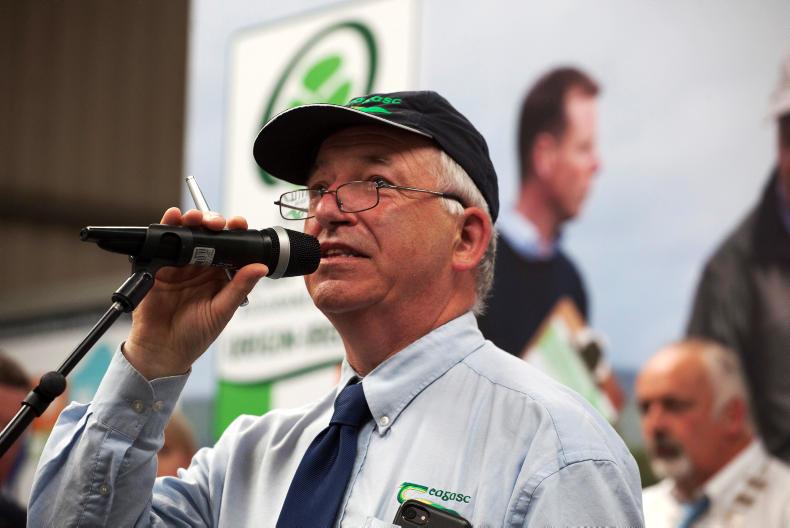
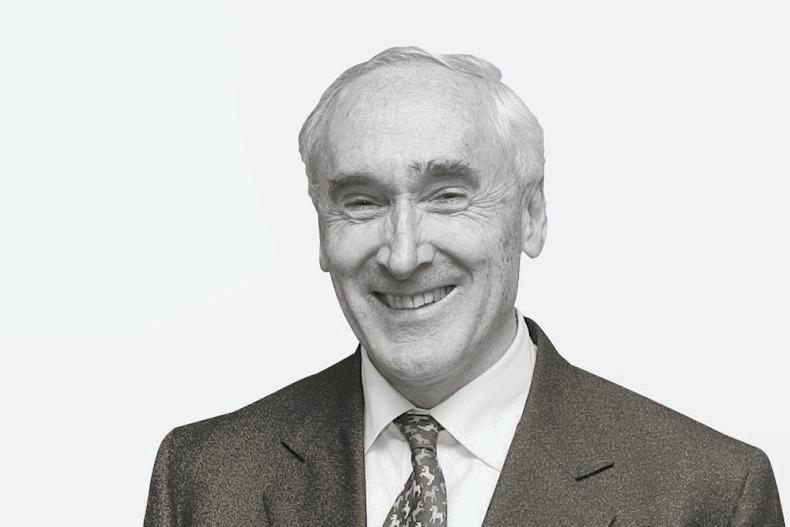

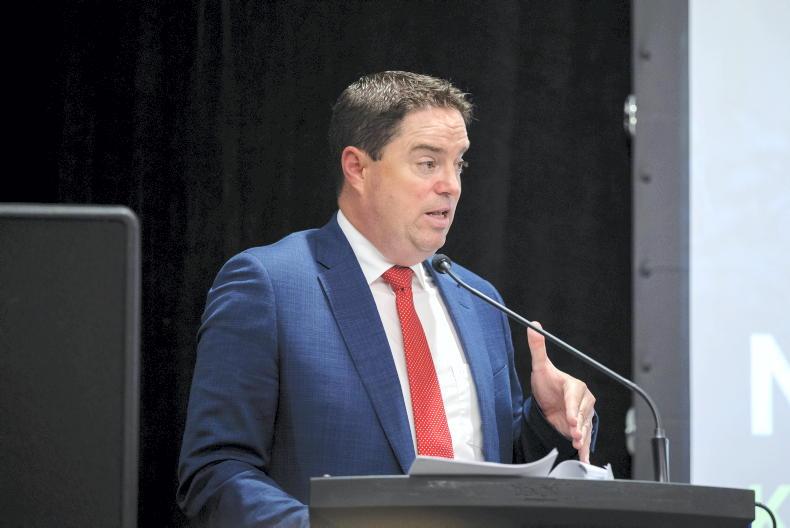
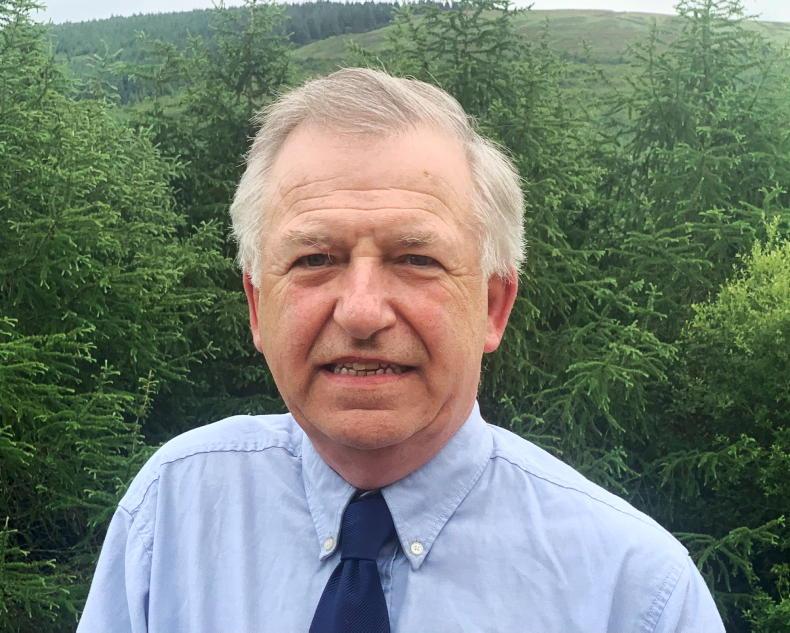
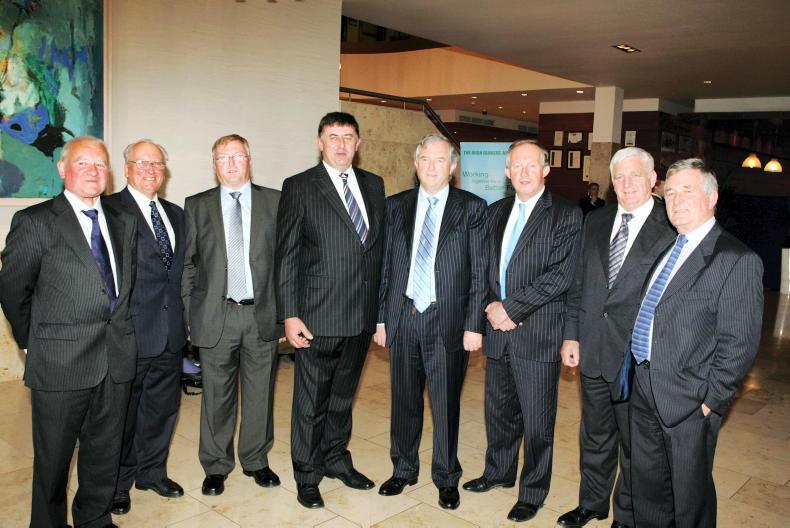
SHARING OPTIONS